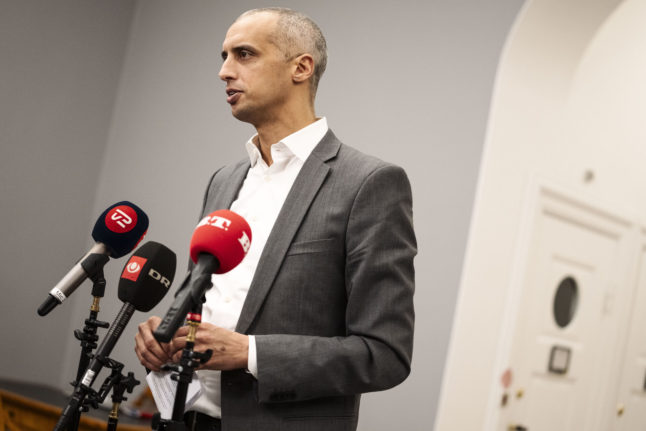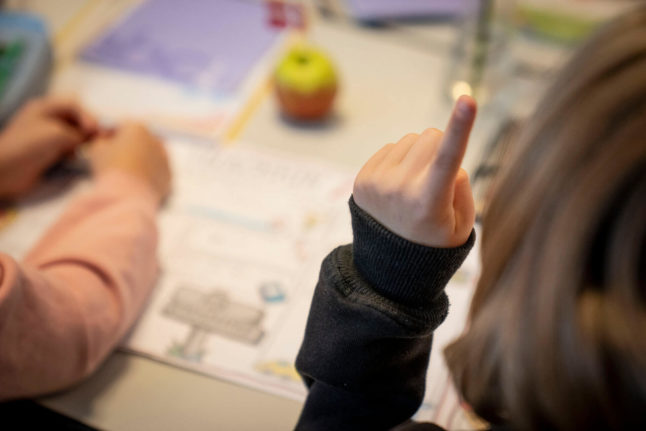Tesfaye’s comments come after an Education Ministry review of disciplinary problems including abusive behaviour as schools nationally.
That came after several individual cases in which minors had been abused or assaulted by other minors at schools were reported nationally, including at Borup School in Zealand town Køge and Agedrup School in Odense.
The ministry review found no evidence of a general increase in serious violations of school rules. However, students are more likely to “overtly react” than before, especially in younger age groups, it said.
Increasingly offensive language is being used by school children, the report also found.
Denmark’s existing laws limit the ability of schools to expel students, either temporarily or permanently.
While schools can send students home for a maximum of up to seven days in a school year, or permanently move them to another class, this requires a high bar of bad behaviour such as violence or damaging property.
A student can be moved to another school within the municipality, but this normally requires agreement with parents and the student. If the decision is made without the consent of the parents and student – in particularly aggravated cases – it still requires another school to agree to take on the student.
“I think the way you can use suspension as a [disciplinary] tool is too restricted,” Tesfaye said to newswire Ritzau.
A specific rule singled out by the minister restricts schools to suspending an individual child to no more than twice in a school year, and also limits the number of days they can be told to stay at home.
The nature of any change to the rules is as yet undetermined, Tesfaye said.
“I would partly encourage schools to use the resources they already have. It’s fine to use the sanctioning options that exist in the national regulations,” he said.
“There is also partly a need to modernise a bit and give school management better options to use to option of suspension,” he continued.
The national organisation for municipalities, Kommunernes Landsforening (KL), says it has spoken to local authorities affected by the issue and that they support stronger suspension options for schools. Denmark’s state schools (folkeskoler) are run by municipalities.
Tesfaye also commented on the “hard language” used in schools that was noted in the ministry review.
“This isn’t something the children have learned from Bamses Billedbog [story book aimed at toddlers, ed.]. These children are seeing different things to what their parents did when they were seven and eight years old,” he said.



 Please whitelist us to continue reading.
Please whitelist us to continue reading.
Member comments